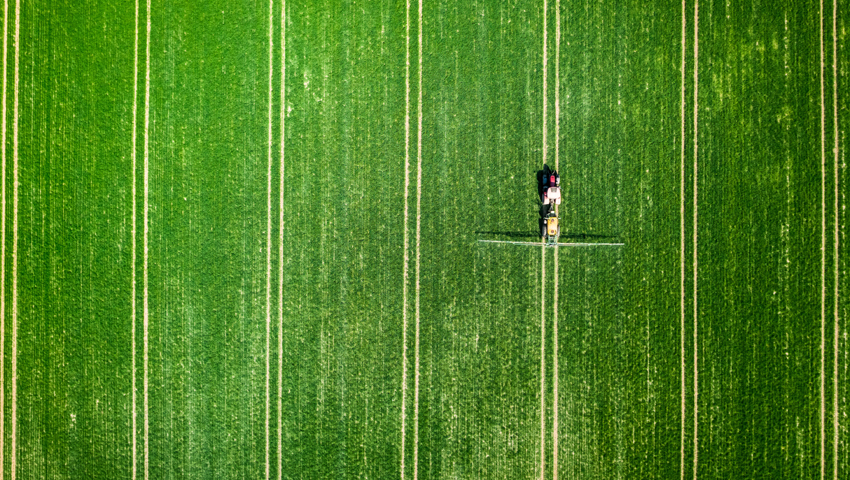THE European Commission has approved, under EU State aid rules, two Dutch schemes with a total budget of around €1.47 billion to reduce nitrogen deposition on nature conservation areas. The measures are intended to contribute to the EU’s strategic objectives relating to the European Green Deal.
The scheme is part of the Netherlands’ plan to drastically slash nitrogen emissions, a major source of which is from livestock farms.
Farmers will be compensated for the voluntary definitive closure of livestock husbandry sites in the overburdened Natura 2000 areas, defined in the national legislation.
The schemes, which can run until 27 February 2028, are open to small and medium-sized livestock farmers in the Netherlands who voluntary close their breeding sites, provided that their current nitrogen deposition load exceeds certain minimum levels.
The Dutch ruling coalition wants to cut emissions, predominantly nitrogen oxide and ammonia, by 50% nationwide by 2030. The EU funds will be used to compensate up to 3,000 farmers who voluntarily close farms located near nature reserves.
The issue has proved divisive and farmers in the Netherlands have been staging protests over emissions reduction targets since October 2019.
The Guardian reports that “Nitrogen compound emissions are a big matter in this small, packed country, becoming the dominant political issue over the course of a four-year crisis. Among other impacts, the crisis has hampered crucial housebuilding, because builders need nitrogen permits from a limited supply to cover construction emissions. The crisis has polarised social opinion, spurring the rise of a new rural populist movement and mobilising environmentalists who are desperately concerned about the state of wild habitats.”
Despite its small size, the Netherlands is the world’s second-biggest exporter of agricultural products by value behind the US, with agricultural exports worth €122.3 billion last year.
But intensive farming has left the small nation with higher nitrogen oxide levels than EU regulations allow. These emissions worsen climate change and can harm biodiversity.
Margrethe Vestager, Executive Vice-President in charge of competition policy at the European Commission, said “The schemes will improve the environment conditions in those areas and will promote a more sustainable and environmentally friendly production in the livestock sector, without unduly distorting competition.”
The Netherlands Agricultural and Horticultural Association (LTO) has said that buyouts should be “designed in such a way that they really offer farmers who stop voluntarily the opportunity to properly end their business.”
The organisation has also called for “transition schemes” that would allow farmers to reduce nitrogen emissions using methods such as technical innovation or switching to other agricultural activities. “This is the only way farmers can make an informed and well-considered decision about their future,” LTO said.
More information from the European Commission
